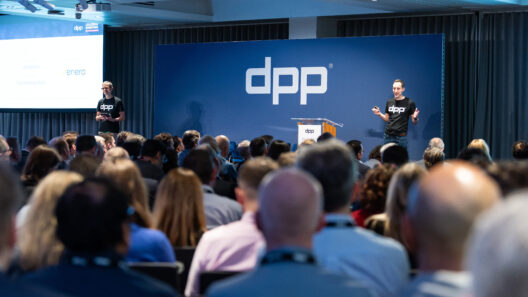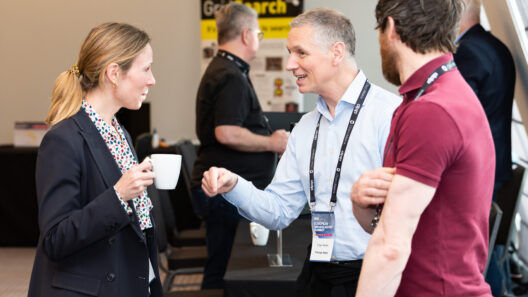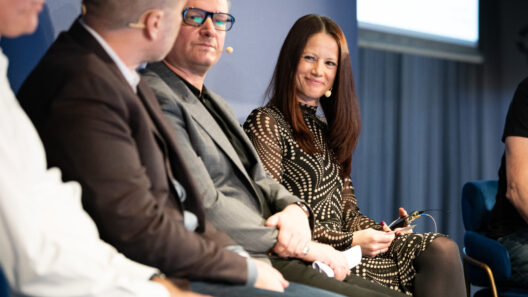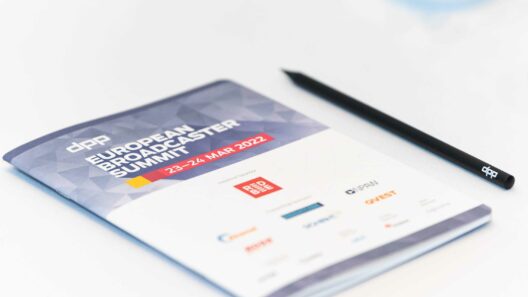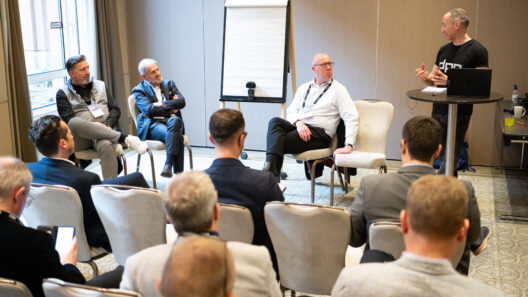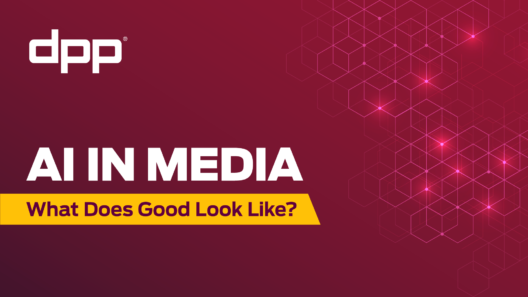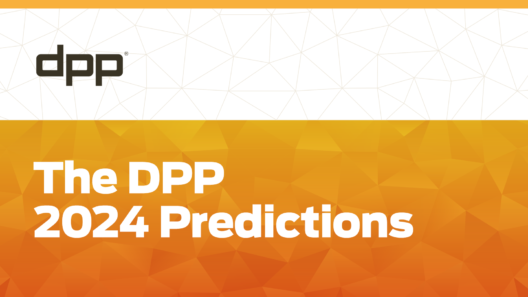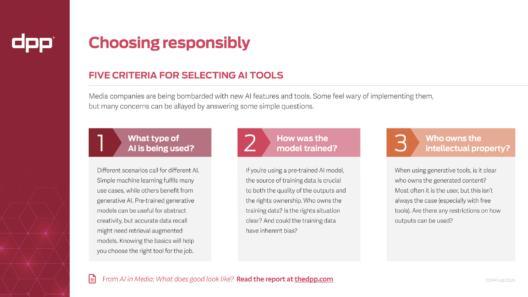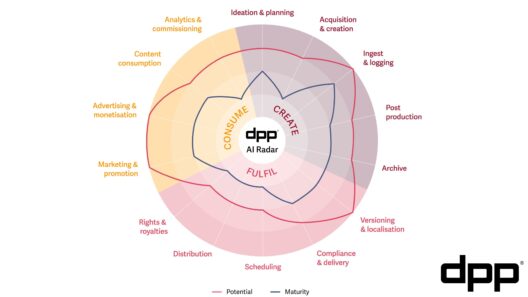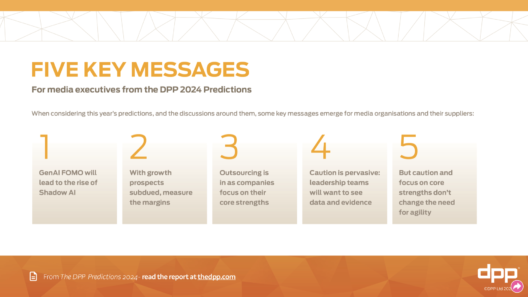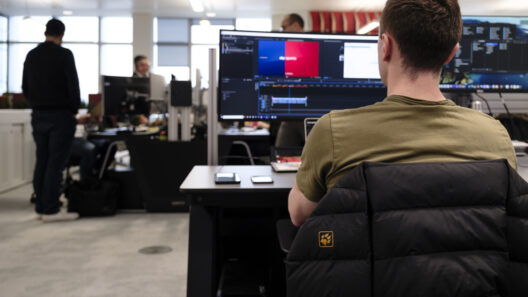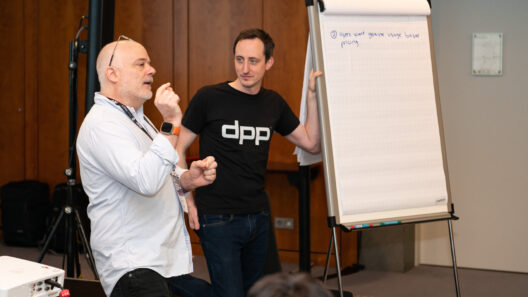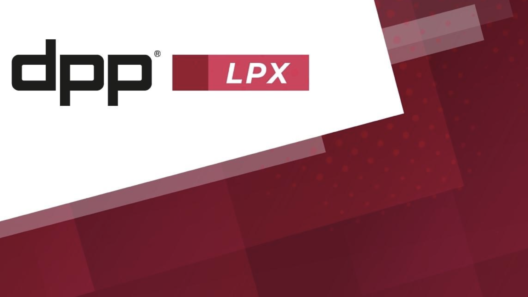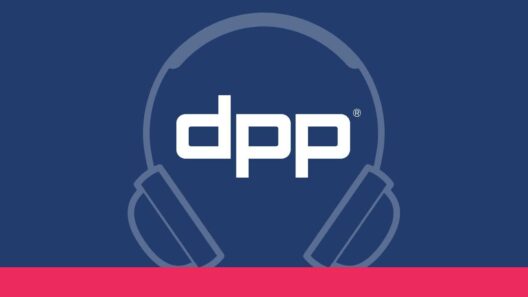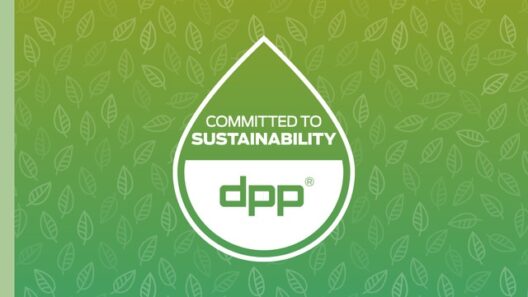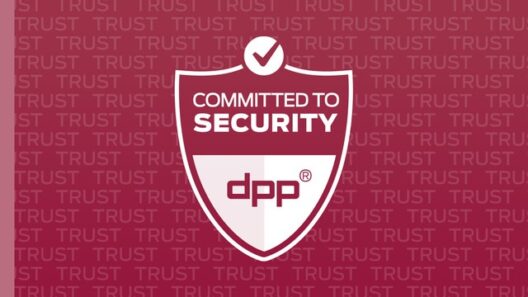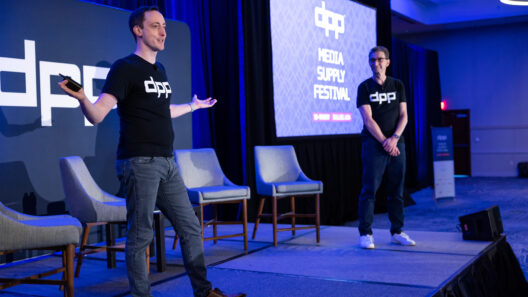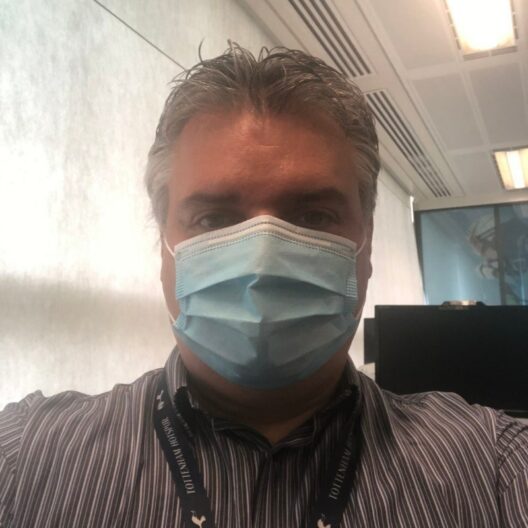In the 22+ years I have worked at IMG Studios, I have always thought that we were quite forward thinking in what used to be referred to as ‘Green’ work, and is now well known as ‘Sustainability’.
As an example, we are a founding member of BAFTA’s programme Albert, and we have had a number of internal strategies – too many to mention – for a number of years, and a growing culture of concern regarding the climate crisis. It even got to a stage where I started to feel very sympathetic towards the Canteen Manager due to the demands and policies we asked them to comply with in order to keep the workforce fed and watered while also helping towards the cause.
When I first saw the DPP's Committed to Sustainability Programme, I liked the idea of what they were trying to bring to the industry by standardising and rating how good, and more importantly for me, how committed, companies are to environmental sustainability moving forwards.
I reached out to Abdul Hakim, the DPP’s Programme Delivery Manager for the Committed to Sustainability scheme, and explained how keen I was to participate in the programme and achieving a good starting score – partially down to company pride, but also because I believed in the good work we’d already been doing.
This is when we started to go through the DPP’s self-assessment checklist. I filled in all of the questions, trying my best to explain the situation and quickly realised that for all our good intentions, we needed some further input in order to fit in with the standardisation process, which is so valuable for measuring our improvements internally, benchmarking against industry and for procurement and tendering. I was appreciative then, when Abdul gave us valuable feedback on what areas we could improve on and why it was important.
As an example, we reviewed and reassessed in the following areas to improve our score:
Policy and Standards: I knew we had a policy, but it had not been updated in a while. I also knew the internal team leading the charge, but up until then no one had been given specific roles to work smarter moving forward and formalise accountability. Realising this gave us valuable pointers in how to get a better rating and why it was important to have such roles in place.
Energy: Again I knew we were doing well internally on this point because we were supplied via a company called Good Energy but I had never been asked to provide evidence, so now we have usage and bills to report and monitor how well we are doing. This will be on our website soon taking us a step closer to what we need to get the elusive 5 drops rating.
Waste/Emission: This is one that has been more of a troublesome area for me, because it talked about offsetting and the more I understand about offsetting and targets, the more I feel the only long term solution is rigorous external review and emission measuring via initiatives such as Science Based Targets. This will ensure that any offsetting we implement is accurate and impactful.
At IMG Studios, we’ll continue to remain committed to sustainability. To summarise, I have found a number of areas where I could critique our sustainability practices, thanks to the help of the DPP. I have decided it is better to appear hypocritical than cynical moving forward on this subject - if you are a cynic you end up doing nothing, and we’re striving to improve for the greater good.
Get involved
To find out more about the DPP Committed to Sustainability programme contact
If your company is not a DPP member, you can learn more about the benefits of membership, or contact Michelle to discuss joining.
If your company is not a DPP member, you can learn more about the benefits of membership, or contact Michelle to discuss joining.
